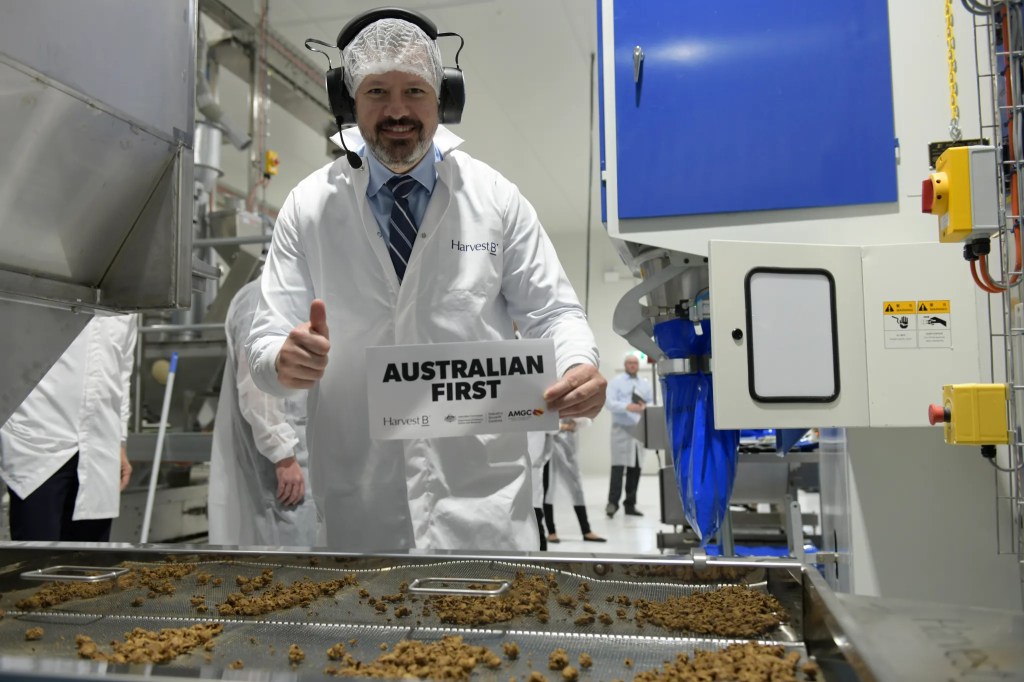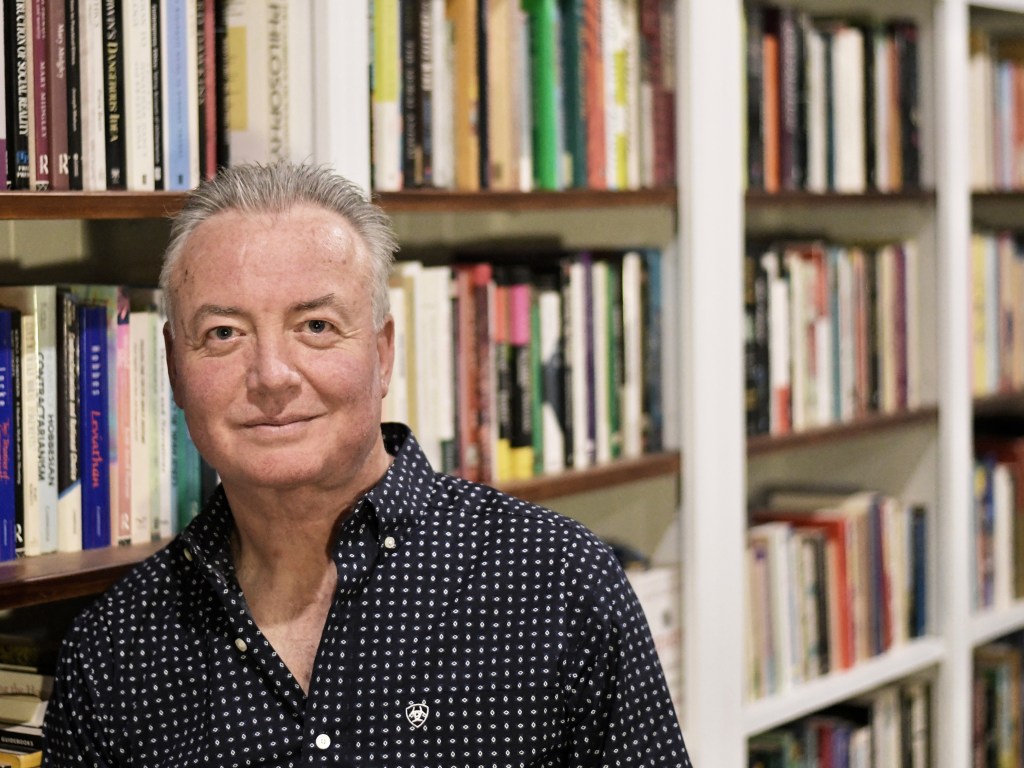A bid to create a cooperative research centre (CRC) for the alternative protein industry has been passed on by the Federal Government of Australia for the third consecutive year.
The purpose of a CRC program is to help build or develop a new industry that’s in need of significant R&D investment, linking said industry to research providers such as universities, state governments, and national science resources.
The government announced on 12 December that this year’s funding will go to the newly created CRC for Zero Net Emissions from Agriculture ($87 million) and The Solving Plastic Waste CRC ($40 million) to develop solutions for reducing livestock methane emissions and plastics-related environmental harm, respectively.
Various members of The Alt Protein CRC – which include Food Frontier, Harvest B, Cellular Agriculture Australia, All G Foods, v2food, ProForm Foods, Wide Open Agriculture, Change Foods, Vow, and many others – expressed their disappointment in the outcome but noted they were optimistic at the bid reaching the final stage.

Executive Director of think tank Food Frontier, Dr Simon Eassom noted that if the bid had been successful, the federal government would have committed $55m, along with $81m additional funding invested by members, to advance a range of alt protein R&D initiatives.
“Naturally, Food Frontier is disappointed that the proposal was not accepted but recognises the circumstances around the bid decision-making process and believes the AP-CRC proposal had considerable merit. The fact that the bid made it through to the final review stage gives us cause for optimism that a future CRC proposal could garner a different result,” Eassom told Future Alternative.

Eassom added that the process has helped the industry identify critical R&D needs and that Food Frontier would continue working with state and federal governments to advance investment and capacity in alternative protein production.
Eassom also congratulated the projects that won the bid and described them as “extremely deserving” and sure to have positive impacts for the environment.
CEO of Cellular Agriculture Australia Sam Perkins told Future Alternative that the cellular agriculture and broader alternative protein sectors in Australia “…need significant and timely government support to ensure the innovations that underpin them reach their commercial and impact potential.
“The Alt Protein CRC presented an excellent opportunity for the government to provide matched funding in support of much-needed research driven through industry and academic collaboration. It is unfortunate to see it not gain the support it deserves, and this is something we are going to focus on overcoming in 2024.”

CEO of plant-based meat company Harvest B Kristi Riordan told Future Alternative that the company was also disappointed in the bid result.

“World-over, there is an understanding that protein solutions complementing traditional animal protein offer a pathway to better nutritional, environmental and economic outcomes – it is why Europe, North America and Asia have committed significant investments to grow the sector.
“The proposed Alternative Protein CRC would have provided the solid foundation for Australian growers and manufacturers to invest locally, lead innovation, and grow the market here and abroad – all while boosting Australia’s sovereign food security, creating jobs, reducing environmental pressures and making food more affordable,” Riordan said.
The bid announcement comes shortly after the UN officially endorsed alternative proteins as a potentially viable means to reduce global GHG emissions produced by the global food system.
Figures released by the Australian Bureau of Statistics show that Australia’s overall national spending in R&D has been dropping for 14 consecutive years, falling from 1.8 percent of gross domestic product in 2019-2020 to 1.68 percent between 2021 and 2022.
Industry experts have noted that the lack of R&D investment could put Australia’s significant global opportunities in alt proteins at risk and are calling on the government to put more funding into the sector.
Submissions for the CRC Grants program’s Round 25 will be open from 8 January 2024.
To stay up-to-date on the latest industry headlines, sign up to Future Alternative’s enewsletter.
Posted on:


